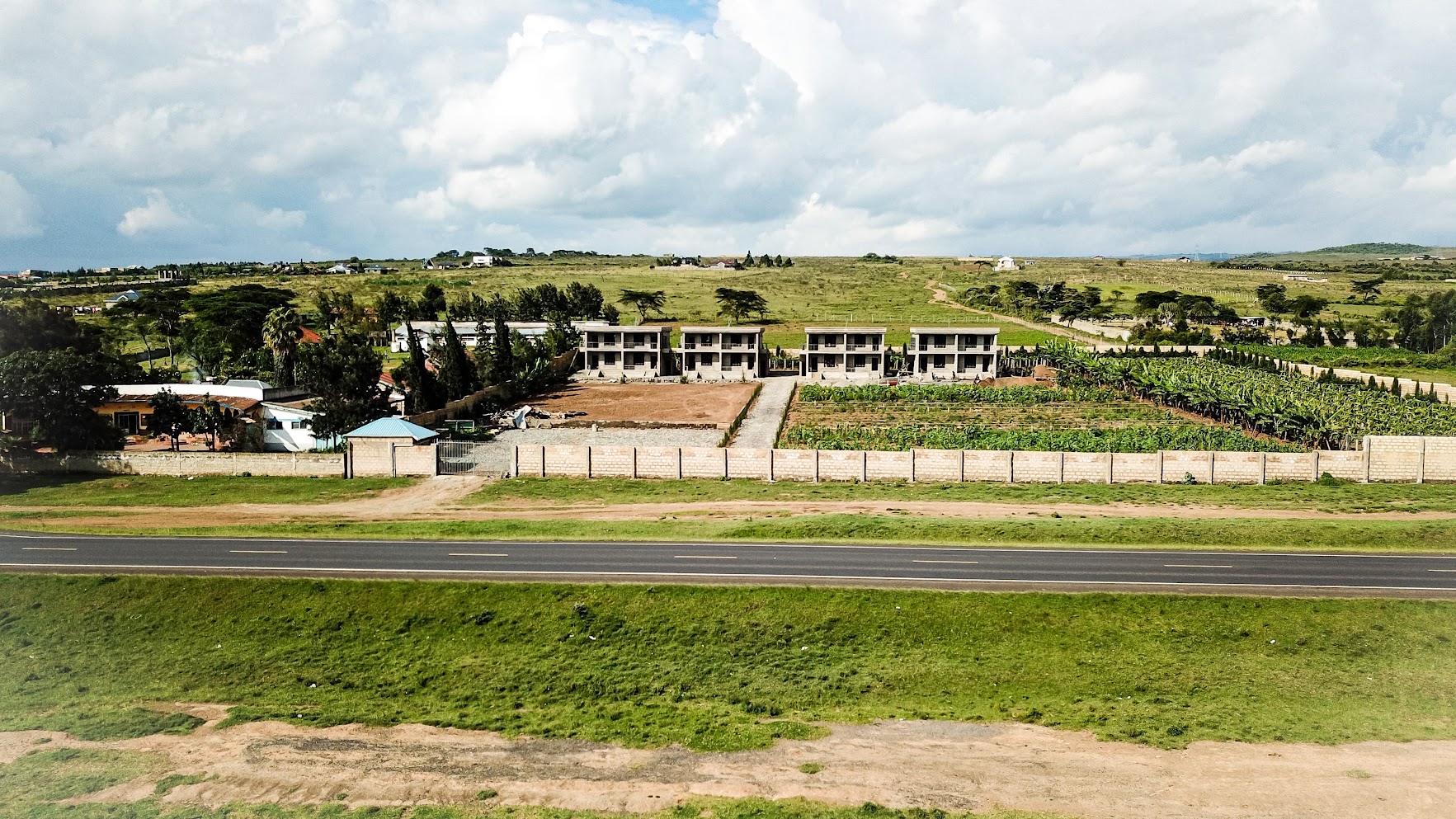Land rent in Kenya is an important financial and regulatory component that landowners, investors, and developers must consider when owning property in urban areas. The concept of land rent is primarily a fee paid by landowners to the county government for the use of land. This annual payment serves several purposes, from generating revenue for local governments to influencing land use patterns. Here’s a deeper look into the key aspects of land rent in Kenya.
1. Definition and Purpose
Land rent is a form of property tax that applies specifically to land ownership, and it is paid to the county government. The purpose of this fee is to regulate land use in urban and developed areas, while also serving as a source of revenue for local government bodies. It plays a vital role in urban planning, ensuring that landowners contribute to the development and maintenance of infrastructure, as well as public services in the areas where they own land. This tax is unique to land and distinguishes itself from property taxes that may also be levied on structures built upon the land.
2. Calculation and Rates
Land rent rates are not uniform across the country and vary depending on several factors such as:
- Location: Urban centers tend to have higher land rent rates compared to rural areas. The proximity to key amenities, infrastructure, and transport systems often results in higher valuations for land, translating to higher rent.
- Land Size: Larger plots of land may attract higher land rent rates. The total area of land influences the overall fee charged to landowners.
- Land Use: Different uses of land, such as residential, commercial, or industrial, can affect land rent. Properties that have a higher potential for development or economic activity are often subject to higher rent.
The rates are generally determined by the respective county governments, and as a result, they can differ significantly between regions. The local authorities assess the market value of the land, which guides how much a landowner should pay for the use of their land.
3. Payment and Compliance
Landowners are legally required to pay their land rent annually to the county government where the land is located. The payment schedules, deadlines, and methods of payment vary from one county to another. Non-compliance with these regulations can result in various penalties, such as fines, interest on overdue amounts, and even legal action, leading to the potential loss of land or an inability to develop the property.
To ensure compliance, landowners must remain vigilant and make payments on time, adhering to the stipulated deadlines. This requires good financial planning, keeping track of payment schedules, and understanding the local rules set by the county government.
4. Importance and Impact
Land rent plays an essential role in both the local economy and urban planning. Here’s why:
- Revenue Generation: Land rent is a key source of revenue for county governments. The funds collected are used for various public purposes, including infrastructure development, provision of services such as waste management and road maintenance, and improving overall living conditions in urban areas.
- Land Use Planning: Land rent helps county governments guide land use and discourage land speculation. By imposing this fee, the government can encourage productive use of land, ensuring that vacant or underdeveloped land is either sold, developed, or used for the benefit of the public.
- Equity and Public Benefit: Urban land often increases in value due to investments in public infrastructure and amenities. Land rent ensures that a portion of this value is captured for public benefit, ensuring fairness in how land and its value contribute to the broader community.
5. Challenges and Considerations
While land rent provides numerous benefits, it also presents several challenges that need to be considered:
- Assessment Issues: Accurately assessing the value of land and setting appropriate land rent rates can be difficult, especially in rapidly developing urban areas where the land market is constantly evolving. This can result in discrepancies in the land rent charged across different properties.
- Affordability: For smaller landowners or local businesses, high land rent rates can become a financial burden. Landowners may struggle to pay the annual fees, which could affect their ability to invest in land development or other business activities. Additionally, businesses might have to adjust their operational costs or consider relocating to areas with lower land rent fees.
- Regulatory Compliance: Landowners need to stay updated on changes to land rent regulations and payment deadlines. Failing to comply with the rules could result in penalties, loss of land rights, or difficulty in accessing services such as permits and licenses.
Practical Implications for Landowners and Users
Landowners must be aware of the practical implications of land rent and take proactive steps to manage their payments and financial commitments. Here are some key considerations:
- Financial Planning: Budgeting for annual land rent payments is essential for landowners. Proper planning can help avoid financial strain and ensure that payments are made on time to avoid penalties.
- Legal and Compliance: Staying updated on county regulations and timelines for land rent payments is crucial. Landowners should be aware of the specific rules in their area and ensure they comply with all legal requirements.
- Investment Decisions: Understanding how land rent impacts overall property costs is key to making informed decisions regarding land acquisition, leasing, or development. Land rent can influence the profitability of a property, particularly if the rates are high in a given area.
Think Real Estate—Your Trusted Partner in Land Investment
At Think Real Estate, we understand the complexities of land ownership, including the critical role that land rent plays in the property investment landscape. Whether you are acquiring land for residential, commercial, or agricultural purposes, our team is here to guide you through the various financial, legal, and regulatory considerations associated with land ownership.
With our expertise in land acquisition and development, we help you navigate land rent obligations and ensure that you’re well-prepared for the financial responsibilities that come with owning land. From understanding the rates in your area to ensuring timely payments and compliance, we are committed to helping you make sound investment decisions that align with your long-term goals.
For more information on how we can assist with your land investment journey, contact us today:
📞 Call Us: 0791 000 222 / 0792 000 222
📍 Visit Us: Kenol Town, Resource Plaza, 2nd Floor
With Think Real Estate, you’re not just investing in land; you’re investing in your future.







